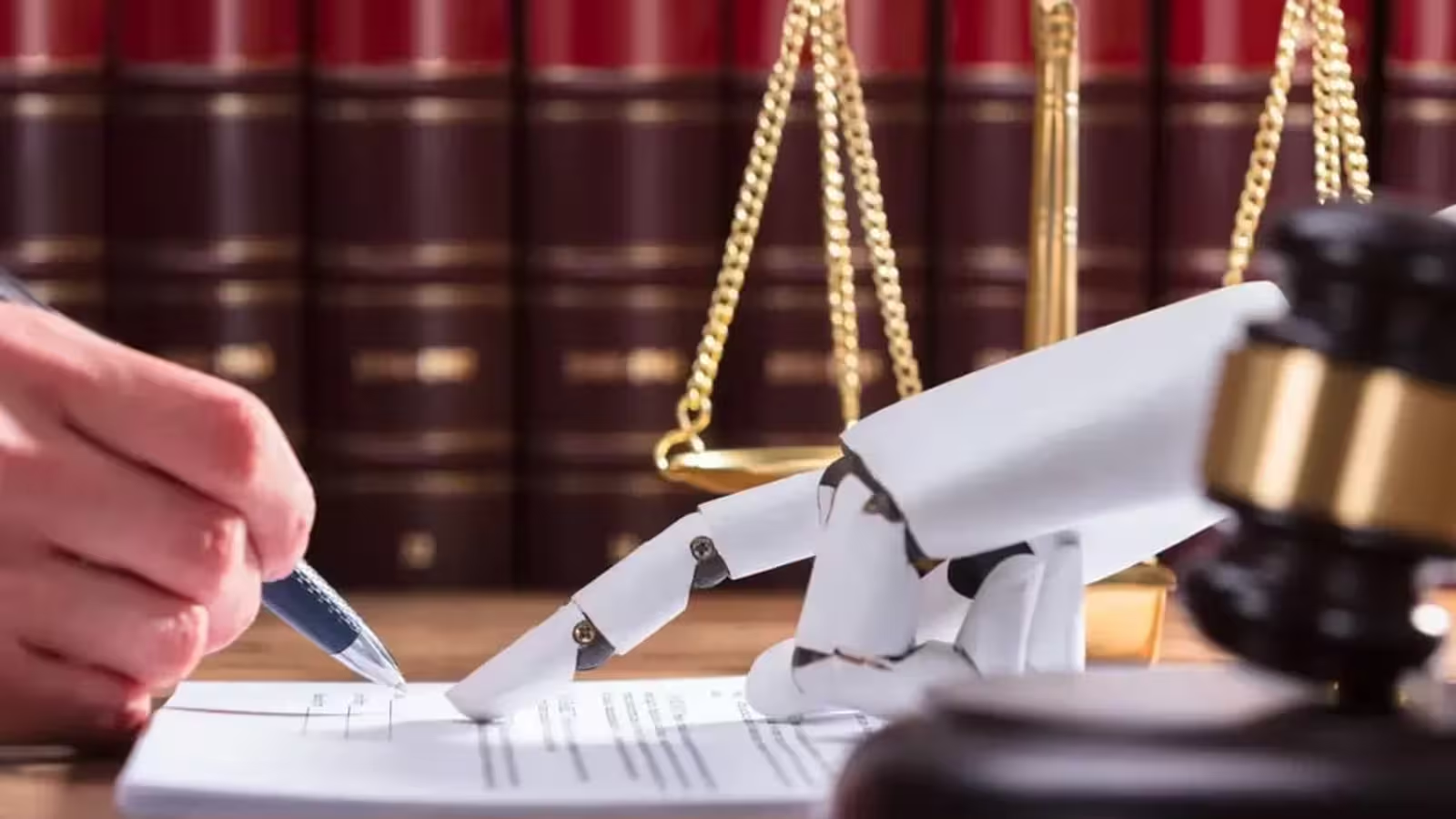3 Minutes
AI in the Courtroom: Utah Lawyer Penalized Over ChatGPT-Generated Legal Brief
A recent incident in Utah highlights the risks and responsibilities associated with using artificial intelligence in the legal field. A Utah attorney, Richard Bednar, was fined after submitting a legal appeal brief that contained fabricated case law and references. The document, partially drafted using ChatGPT, referenced a fictional case—Royer v Nelson—that does not exist in any recognized legal database and could be traced only to AI-generated content.
What Went Wrong? The ChatGPT Legal Brief Incident
According to reports from ABC4, Bednar and his colleague Douglas Durbano filed an emergency appeal on behalf of their client. However, during the review process, the opposing counsel noticed that several citations and legal precedents cited did not match any real-world case and appeared to be artificially generated. Further investigation confirmed that some of the content was entirely fabricated by ChatGPT or similar AI tools, raising concerns about the unchecked use of AI in critical legal proceedings.
Responsibility and Repercussions
When summoned to court in April, Bednar openly admitted the error and took responsibility, explaining that the initial draft was written by an unlicensed law clerk who used ChatGPT to draft the motion. Crucially, Bednar failed to verify the sources before submission. The law clerk, a law school graduate, has since been dismissed. The court also clarified that Durbano had no role in preparing the problematic document and offered to compensate the opposing party’s legal expenses.
The Growing Role—and Limits—of AI in Legal Research
The Utah Court of Appeals emphasized the increasing adoption of artificial intelligence, such as ChatGPT, in legal research and documentation. While AI tools can provide efficiencies and new capabilities for lawyers, the court reiterated that attorneys remain fully responsible for ensuring the accuracy of information included in any legal filing. This case underlines the risks of over-relying on AI in professional settings, especially where precision and credibility are essential.
Penalties and Market Relevance
As a result, Bednar was ordered to pay all legal costs incurred by the opposing party, refund his client for fees related to the faulty brief, and donate $1,000 to the nonprofit legal institute And Justice for All. This case sets a precedent for the responsible use of generative AI in legal and other high-stakes environments, serving as a cautionary tale to law professionals worldwide who leverage AI tools without due diligence.
AI Tools in Legal Practice: Key Takeaways
While AI platforms like ChatGPT offer many advantages—such as speeding up document drafting and legal research—they require careful oversight, human verification, and an awareness of their limitations. As artificial intelligence becomes more integral to industries including law, ongoing education and accountability are essential for maintaining trust and quality in digital innovation.



Comments